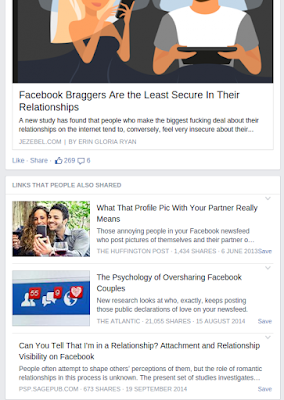Interestingly uninteresting

Concept This idea came about first while hiking: say you were leaving a place, and knew you'd come back in the future. You also have an object you want your future self to have, but you can't take it with you, so decide instead to leave it somewhere and pick it up on your return. Where would you leave it? To add some constraints: (a) you're not sure exactly when you'll return. Maybe 5 years, maybe 50. Also, (b) you prefer populated areas to those with lower density (faster to pick it up when you return). In maths terms, you're trying to minimize #visits(place) / #visits(surrounding areas) - that is, the fewer times people visit where you leave it, the better (ideally 0) but it's also good if people visit the places close by often. I eventually settled on somewhere like under unkempt plants near an industrial zone of a stable business (unlikely to change, also near road/foot traffic going to the building), but realized that really want I wanted was a really





